Ringo Starr might have been underestimated when he started his solo career after The Beatles’ breakup. That didn’t last for long, as he proved to have one of the highest percentages of hits to misses of all the Fab Four, at least in the early 1970s. The hard-rocking “Back off Boogaloo” added to the hits category, as it rolled into the Top 10 on both sides of the Atlantic when released in 1972.
Videos by American Songwriter
What is the song about? What in the world is a boogaloo anyway? And was Starr taking a subtle shot in song at fellow ex-Beatle Paul McCartney? Let’s get all the answers as we explore the story and meaning behind “Back off Boogaloo.”
Ringo on a Roll
Ringo Starr seemed to benefit from his reluctance to come out swinging for the pop charts after The Beatles’ breakup. His solo debut, the 1970 album Beaucoup of Blues, was a low-key tribute to the country music he loved. It was never meant for anything more than a niche audience. In terms of his rock music, Starr decided to stick with singles off the bat, instead of committing to an album’s worth of material.
That approach proved wise, as it gave fans time to miss what Ringo brought to the table. His next single, “It Don’t Come Easy” in 1971, made a big splash. He then took another year off while concentrating on his career as an actor in films. “Back off Boogaloo” came a year later, and then, the year after that, he had raised expectation levels to such a pitch that the public was waiting for his album Ringo, which became a runaway success.
In terms of “Back off Boogaloo,” the title came from a phrase Starr heard Marc Bolan of T-Rex use often. Starr asked George Harrison to help him finish the song (Harrison would get a songwriting credit years down the road). Harrison’s searing slide guitar work plays well off one of the toughest beats Starr ever laid down on drums. Other contributors include longtime Beatles friend Klaus Voorman on bass and Gary Wright, later a hit artist with songs like “Dream Weaver,” on piano.
Paul in the Crosshairs
Ringo Starr denied Paul McCartney was the intended target of “Back off Boogaloo.” If this were a court of law, however, the evidence would be stacked up against him. The middle eights in the song, where the narrator complains about someone wasting opportunities, sound an awful like this quote Starr gave to Melody Maker (as reported by Beatles Bible) about McCartney’s 1971 album Ram:
“I feel sad with Paul’s albums because I believe he’s a great artist, incredibly creative, incredibly clever but he disappoints me on his albums. I don’t think there’s one tune on the last one Ram … I just feel he’s wasted his time, it’s just the way I feel … he seems to be going strange.”
On top of that, there’s the line Don’t pretend that you were dead. Any savvy Beatles knows that many folks around that time were poring over Beatles album covers and lyrics, looking for “clues” that Paul McCartney had perished and had been replaced by a lookalike. Starr certainly seems to be referencing that rumor with that line.
What is the Meaning of “Back off Boogaloo”?
Regardless of whether you believe Starr about Macca not being his subject, it’s clear he’s quite aggravated with “Boogaloo,” whomever he might be. The narrator isn’t fooled by his antics: I’m gotta flash right from the start.
As mentioned, the middle eight is where things get a bit accusatory: Get yourself together now / And give me something tasty / Everything you try to do / You know it sure sounds wasted. A later verse also takes aim at this guy’s clothing, which is arranged just so but still can’t hide the truth that he’s a poseur: You think you’re a groove.
If this was indeed about Paul McCartney, it’s pretty harsh stuff coming from Ringo Starr, who was generally known to be the most easy-going of the foursome. In any case, “Back off Boogaloo” is perhaps Starr’s most aggressive single, reminding people of just how intent and intense he can be when he rocks out.
When you purchase through links on our site, we may earn an affiliate commission.
Photo by David Redfern/Redferns


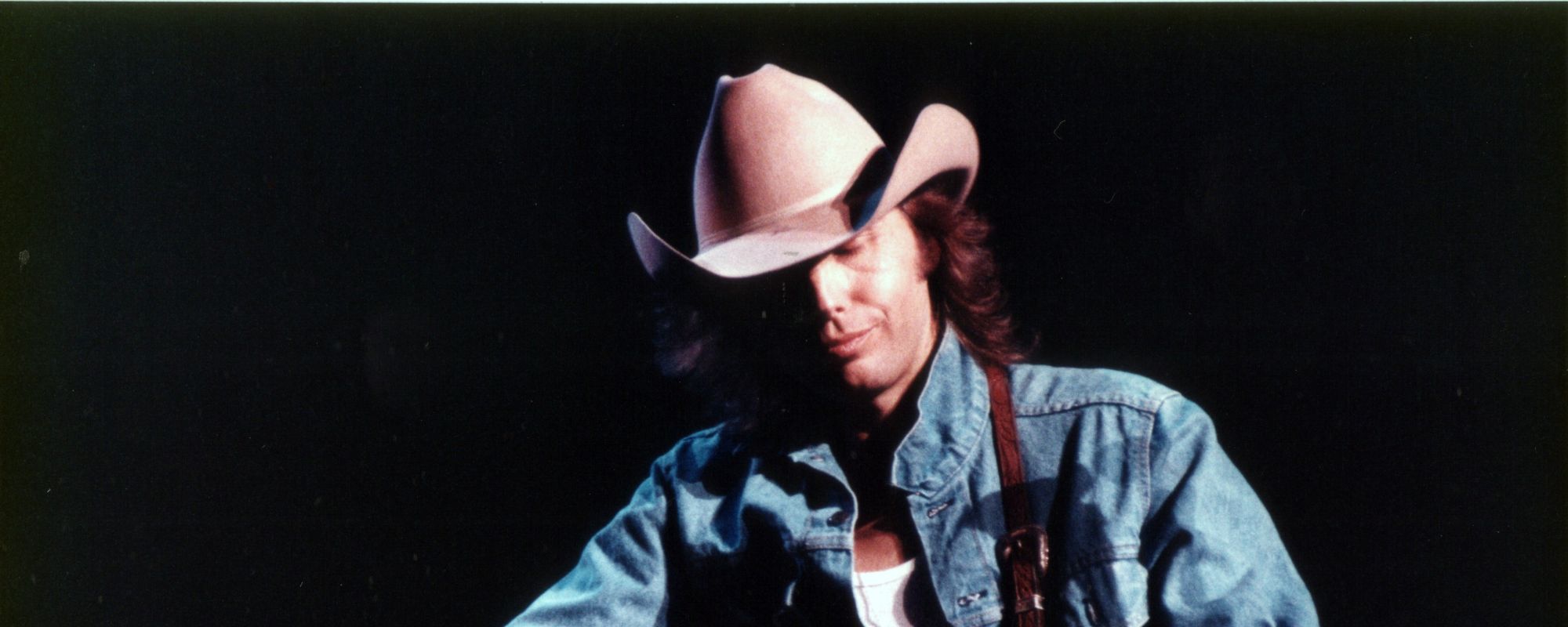
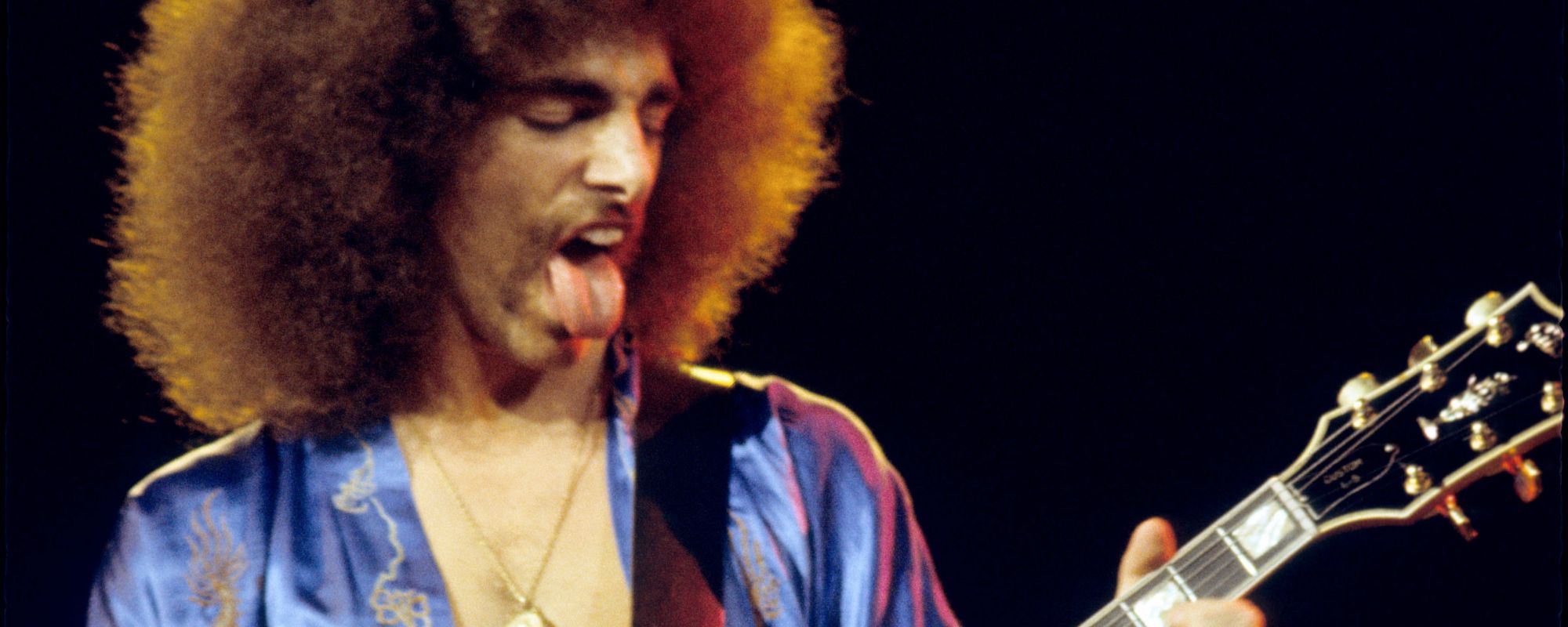
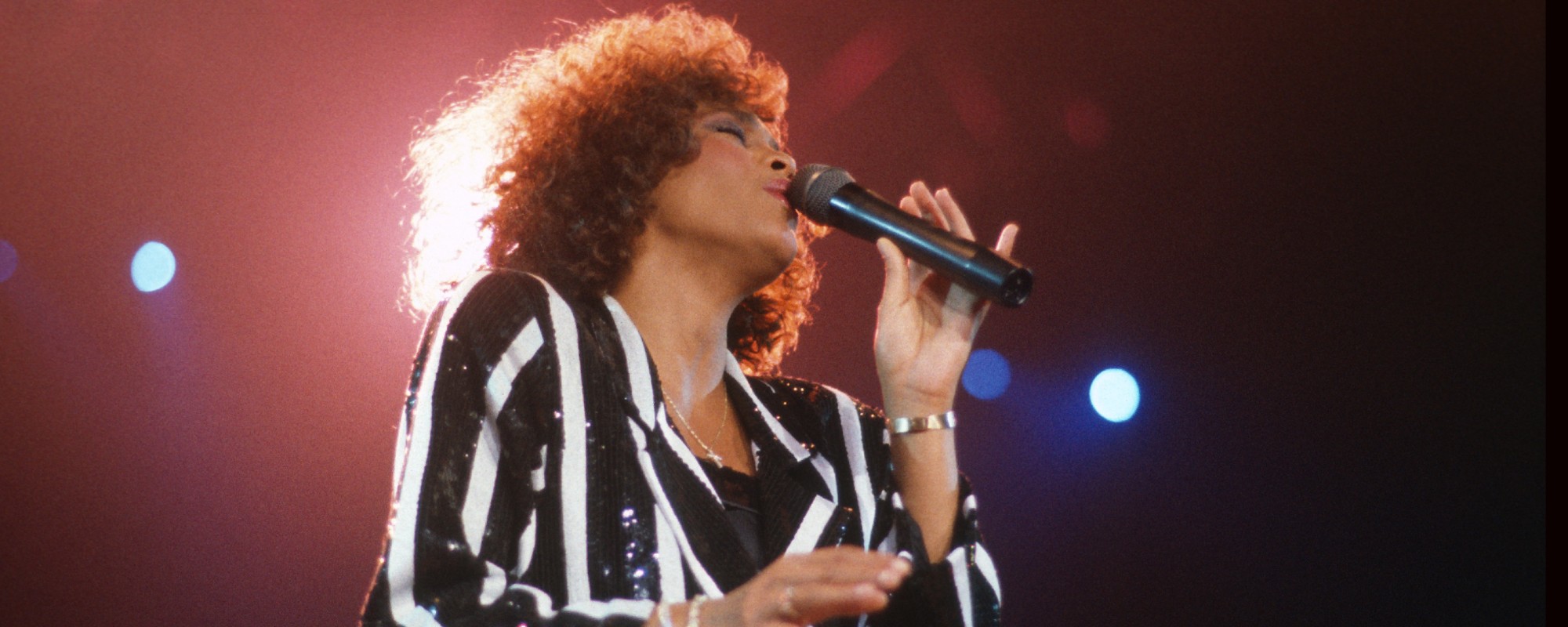
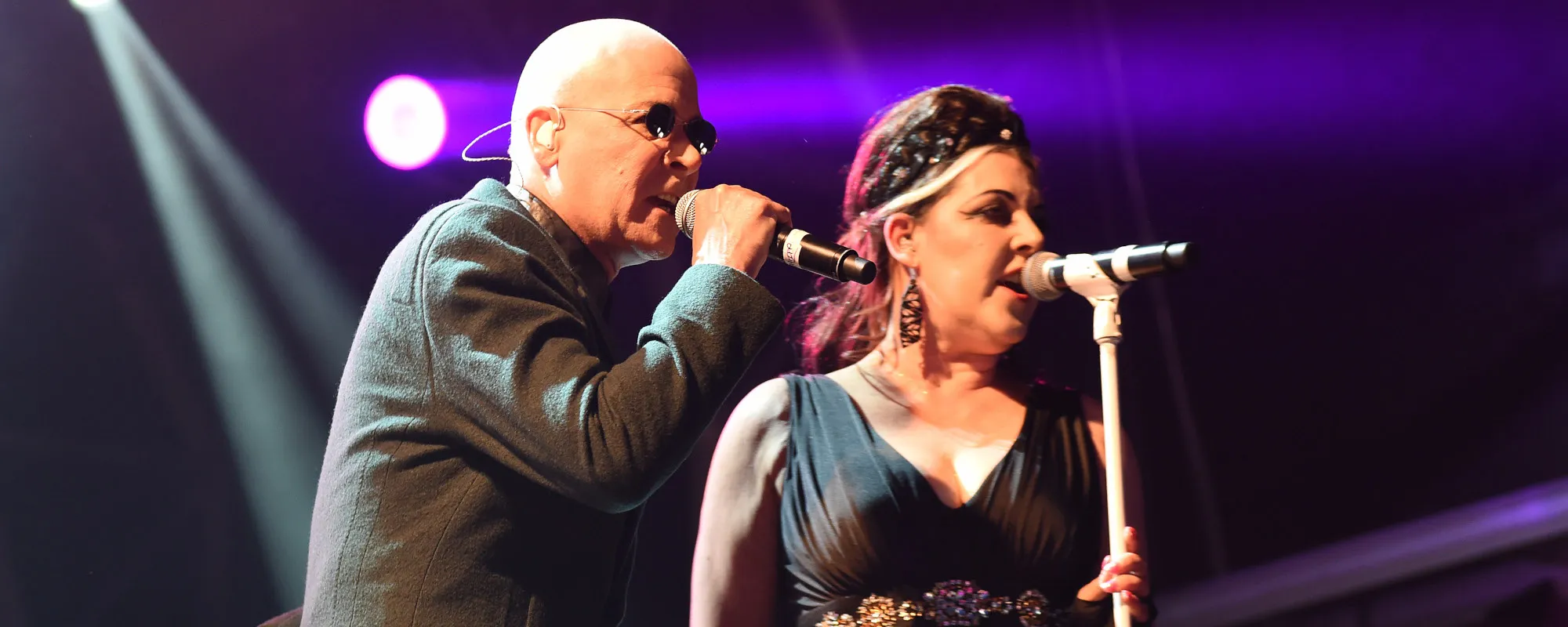
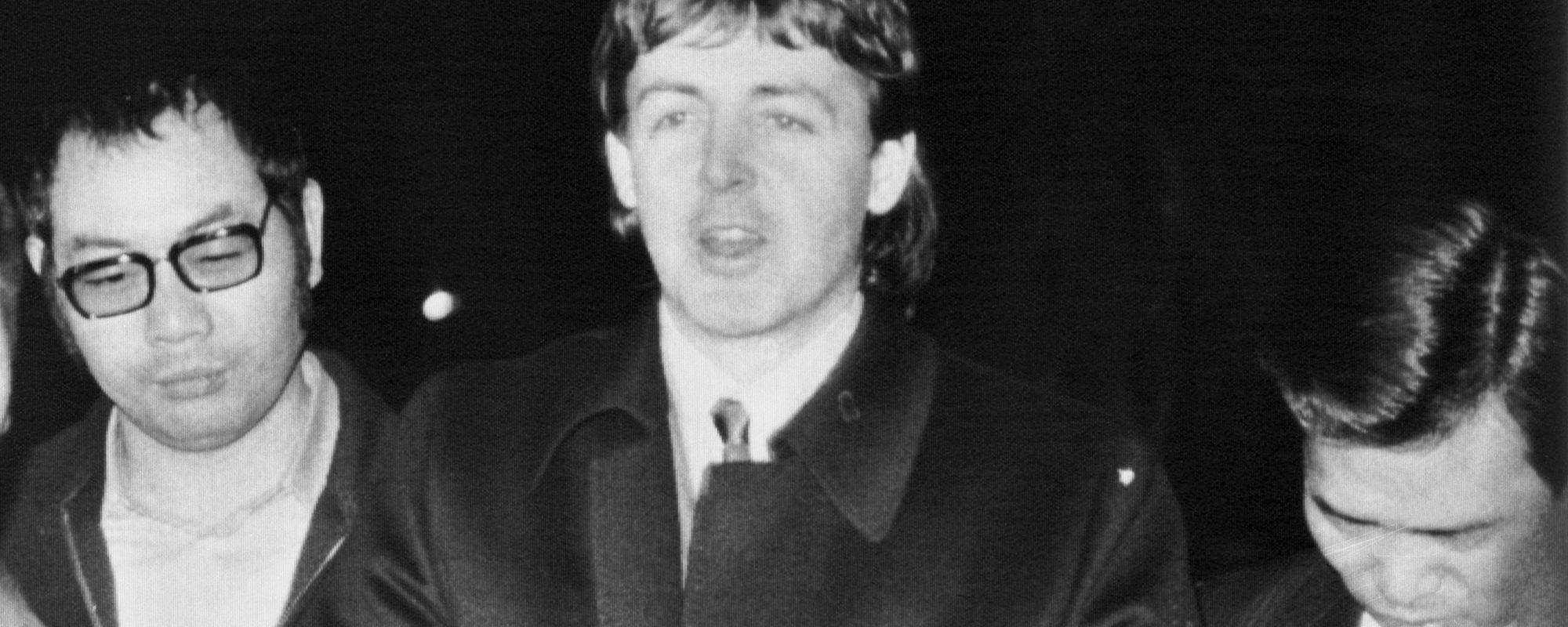
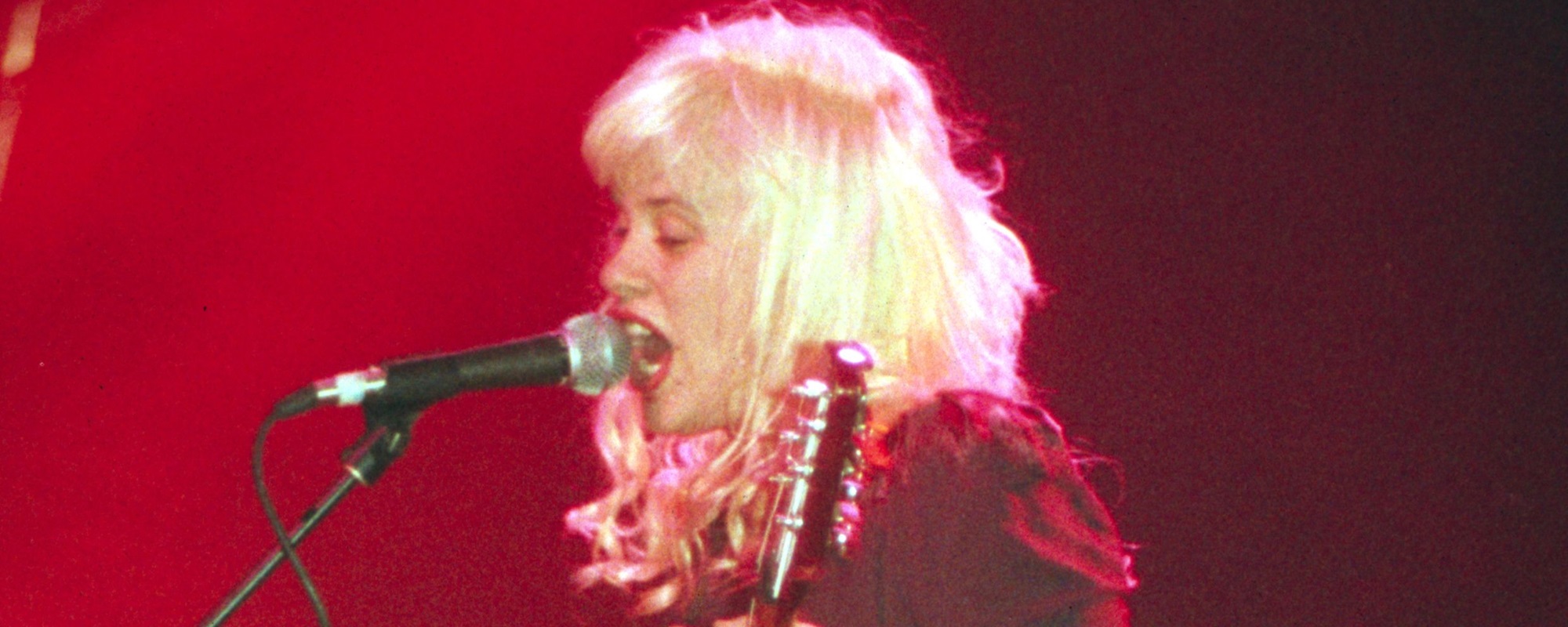


Leave a Reply
Only members can comment. Become a member. Already a member? Log in.